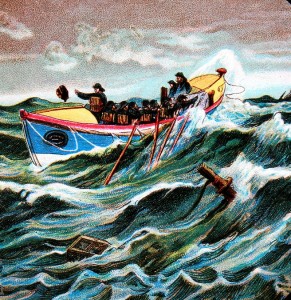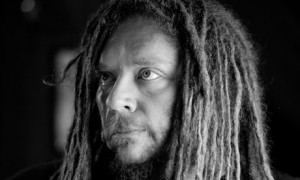During the #clmooc this summer, I connected with educators to explore the potential for Google Plus, tweet-ups, Google Hangouts, and a variety of digital writing tools. Although I am no stranger to the importance of embracing change and diving into new innovative technology, this group of moocers made me realize the impossibility of conquering digital media and EVER feeling as though I am “done”. So, as I reflect, I contemplate how to cope with this feeling of never reaching the end.
As a National Writing Project trainer and mentor, I used to teach summer writing institutes with a philosophical foundation about process being more important than product. Writing is a process which is recursive- meaning a writer continuously gathers ideas and revisits them.
Digital media, however, has dramatically changed this process, by providing a constant stream of new tools. Imagine giving the writer different paper, pens, typewriters, or other writing materials every hour or so and expecting a revised, high quality essay of a sizeable length. Without time to master the tool, can one create something of value with the tool? I have written about “disposable media” in the past. We now witness a flood of disposal media from all age groups: status updates, tweets, Vine videos, memes, and blog posts. Some of this triviality is simply clutter and very little is meant to be of high literary quality. Because I simultaneously taught a childrens’ and young adult literature class this summer (while moocing) high quality literature is foremost in my mind. Literature, I daresay, is still important! How can we teach writers to carefully hone revision skills in an age of disposable media? I raise the question, because the process has become so rapid and chaotic, the actual products (countless digital Web 2.0 productions) are tossed into the cyber sea.
One goal I propose for myself, is to gather these new digital tools into a personal electronic portfolio (eportfolio)- not only to help myself find them later in the numerous online spaces (think accounts/passwords/urls) but to share them as examples to students and educators. This eportfolio might also be a personal archive, similar to a physical scrapbook. I might view this as a lifeboat for the bits and pieces I tryout in my digital writing process rather than allowing them to float away.
The #clmooc challenged me to consider some new digital writing forms, such as poetry written in code (thanks @chadsangsing) and countless others at the Making Learning Connected blog. I plan to try thimble and computer code poetry! I repeat, I feel like I will never be done! The tools are flying past me at tweet speed. Perhaps, this concept is not really new. Life is never “done” but somehow a sense of closure, a sense of accomplishment may have given humans comfort in times past. Was that just an illusion?
Building a professional learning network has been a rewarding, yet challenging feat. I highly respect my colleagues in online communities (some newly met in the #clmooc). I wonder if any of you sometimes feel a sense of uneasiness due to our constant digital media intake and production?
Where shall I build my “little digital lifeboat”? I think my starting place for an eportfolio will be livebinder. Who knows, that tool may also change and I will have to jump over to another boat. Being a positive person, I know that some of my friendly colleagues will help rescue me.

